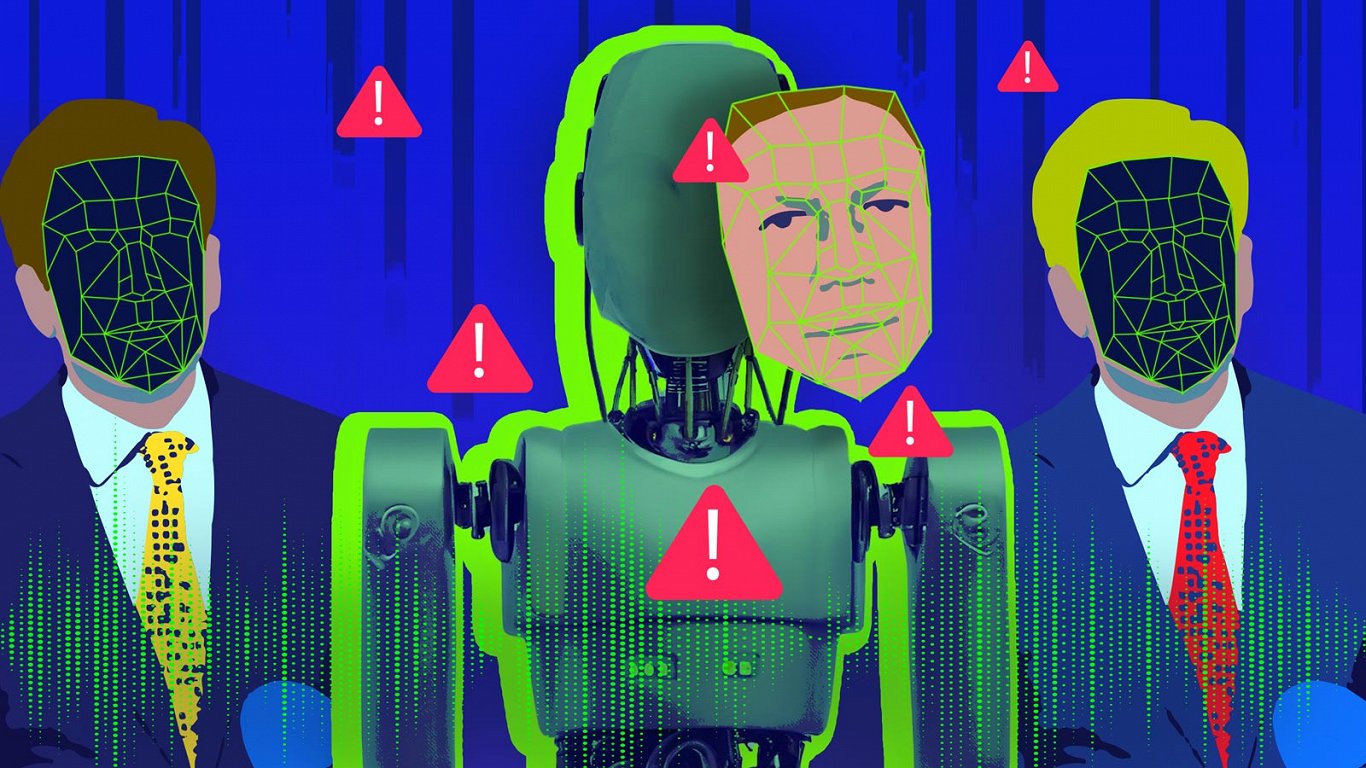Jēkabs Straume, the head of the Corruption Prevention and Combating Bureau, told Latvian Radio that this has been a relatively calm period in terms of compliance with campaigning rules.
The KNAB has about 60 investigations on violations. More than half of them are for possible hidden agitation.
In the coming days, there are additional conditions to be taken into account - no paid campaigning on Friday and Saturday. Printed press with paid-for campaigning material is also banned, and advertisements for candidates and parties must disappear. If you see anything to the contrary, please report it to the KNAB using the dedicated app ("Ziņo KNAB!") or other means.
Deep fakes of campaigning are possible with AI tools. In this context, the KNAB Chief calls on citizens to critically assess the information available in the public domain and to verify its veracity.
"Looking also at global experience, we have analyzed that in the last days [before the elections], when there is little time to prevent or refute it, deep-faking to campaign for or against someone using false information - human voices, video footage, images, etc - can emerge," Straume said.
"I also call on you to report this, carefully evaluate it and share your assessment with your relatives, especially the elderly, if you find that such material is not true. I do not want to offend anyone, but it is easy to believe such things," the KNAB chief continued.
The State Police will also be present in the vicinity of the electoral processes and will be ready to intervene, if necessary, to monitor both the rules of order and the rules of campaigning. During the development and preparation of the voters' register, which allows voting at any polling station convenient for the voter, it has been thoroughly tested to ensure that this election convenience tool works as intended, Varis Teivāns, deputy head of the cyber security institution "CERT.lv", told Latvian Radio.
"No critical vulnerabilities have been identified that could have any significant impact on the operation of these systems, and the conditions are safe from various aspects. Simulations of cyber-attackers trying to break into the systems in a controlled manner have been carried out to check for vulnerabilities, load tests on the scale of natural traffic and also provoked attacks to test the resilience of the systems have been conducted. Functional parts have also been checked for any logic errors or other possible unexpected actions. It is not possible to influence the election results through these systems, as the electoral process in Latvia is not fully electronic," Teivāns said.
The main election day in Latvia is Saturday, June 8, when polling stations will be open from 8 am to 8 pm.





























